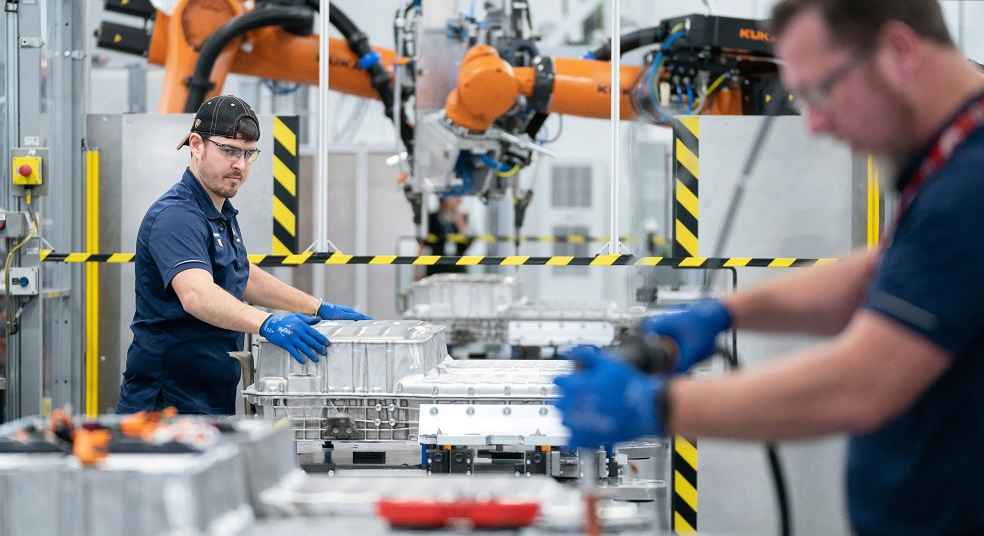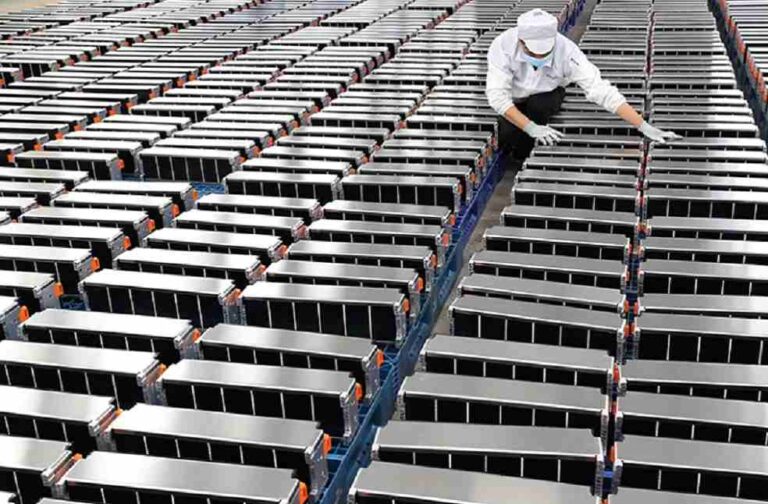Hyundai Motor Group has launched a new task force aimed at accelerating the development of in-house EV batteries as the South Korean automaker seeks to bolster its competitiveness in the rapidly evolving global EV market.
The move comes in the wake of Chinese EV leader BYD’s unveiling of a next-generation battery capable of delivering over 400 kilometres of driving range with just a five-minute charge—technology that has significantly raised the bar for the industry.
Formed on April 7 under Hyundai’s manufacturing division, the newly established ‘B Task Force’ (B TFT) is designed to build a fully integrated system to support the group’s long-term battery strategy. While Hyundai has officially positioned the unit as a means to strengthen battery competitiveness, industry insiders confirm that the core objective is to lead independent battery development and drive technological innovation internally.

Led by Executive Vice President Jung Jun-cheul, head of manufacturing, the B TFT includes a team of Hyundai’s top battery experts. Notable members include Senior Vice President Kim Chang-hwan (EV energy solutions), Choi Jae-hoon (battery development), Lee Woo-sung (electrification energy solutions), Seo Jung-hoon (battery design), and Kim Dong-geon (battery cell development).
Currently, Hyundai and its affiliate Kia rely on external suppliers such as LG Energy Solution and SK On for battery supply. Although the group has an internal battery development unit, its role has so far been limited to adapting partner technologies for vehicle integration.
Some Hyundai and Kia models—including the Kona Electric, Casper Electric, and Kia EV3—already feature batteries jointly developed with LG Energy Solution. In July 2024, Hyundai and LG Energy Solution launched HLI Green Power, a joint battery cell manufacturing venture in Indonesia.

Hyundai’s renewed focus on in-house battery development comes amid intensifying competition. On March 17, BYD Chairman Wang Chuanfu introduced a breakthrough ‘Super e-Platform’ at the company’s headquarters in Shenzhen, boasting ultra-fast charging capabilities that surpass those of Tesla and Mercedes-Benz. The announcement sent ripples across the industry, with Tesla’s stock falling by 5.3% the following day.
With BYD now the world’s top EV seller, overtaking Tesla by leveraging its vertically integrated battery technology and cost-effective models, Hyundai’s new initiative signals a strategic shift. Developing its own batteries could allow Hyundai to reduce dependency on suppliers, cut production costs, and offer more competitively priced electric vehicles.
DON’T MISS | Hungary Gains Ground as Safe Hub for Global Auto Industry





